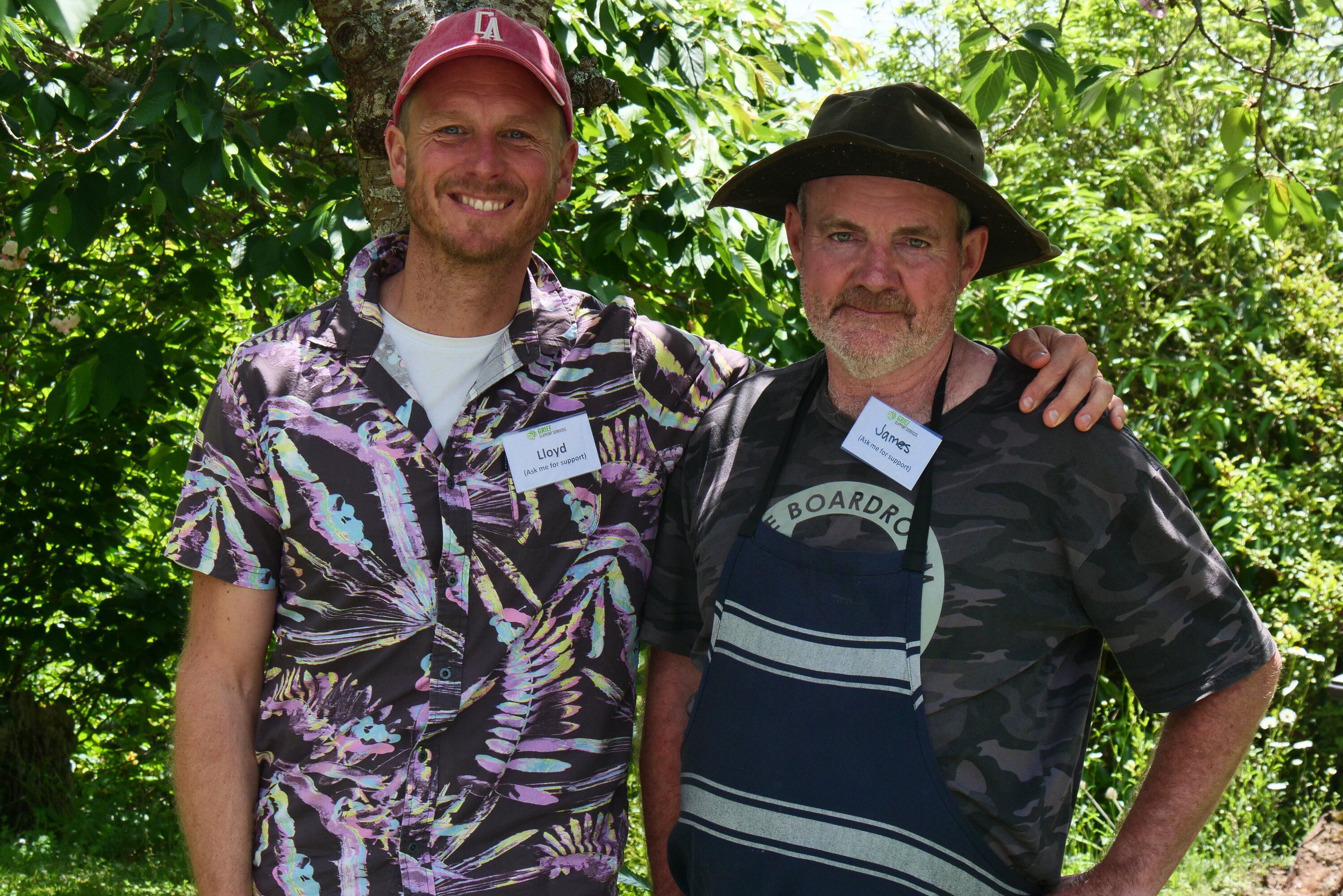Men are often unwilling and unable to express their emotions after the self-inflicted death of their friends and can become isolated quickly, Tauranga-based health coach and peer support worker Lloyd Shand says.
As of June 30, a total of 617 people died by self-inflicted deaths, 445 being male, and loved ones left behind to mourn their loss.
“It’s why it’s so important for people like myself [men] to be involved in this industry,” Shand said.
For the past two years, he has volunteered as a peer support worker with Grief Support Services in Tauranga, offering bereavement support for family and friends who have lost loved ones due to self-inflicted death.
He has volunteered at the organisation for two years, listening to people expressing their grief or simply walking with them.
Shand said over time, his view and experience of self-inflicted death had changed.
“This [volunteering at Grief Support Services] gave me the opportunity to think a lot and the opportunity to think differently.
“I used to say things like ‘committed suicide’ as though it was a crime.”
Shand understands that suicide bereavement can be a rollercoaster with many ups and downs, twists and turns.
To become a peer support worker, he completed an eight-week course at Grief Support Services after a family member died by suicide.
“I met people going through something similar, but not the same, and I felt supported.”
“And then there was an opportunity to go on and support other men.”
At this training he met James Broad, another volunteer at Grief Support Services. Broad said having a conversation with someone grieving became a way of giving back.
“I know it is incredibly important and it makes sense. It’s like giving back, even this conversation right now,” Broad said.
Shand said part of the reason men struggled to discuss their feelings, whereas women tended to find it easier, was that historically, it hadn’t been socially acceptable for males to express emotion.
“Men hunted together, but were kind of independent. It was more like finding the meat and starting a fire. It was very specific roles.”
It’s no surprise to Shand that there is now a gap in terms of men being more likely to self-inflict death.
The importance of the hunter-gatherer role that men played historically has also shifted because men no longer dominate these traditional roles.
“We’ve just been off playing the poor-men card. But I think, in some ways, we’ve had this change for a while,” he said.
Despite all the doom and gloom that comes with grieving self-inflicted death, it doesn’t always need to be like that.
“We are trying to foster within our organisation that suicide doesn’t need to be a negative, down celebration,” he said.
It could be about building resilience, supporting people with the power of connection and just being there, Shand said.



0 comments
Leave a Comment
You must be logged in to make a comment.